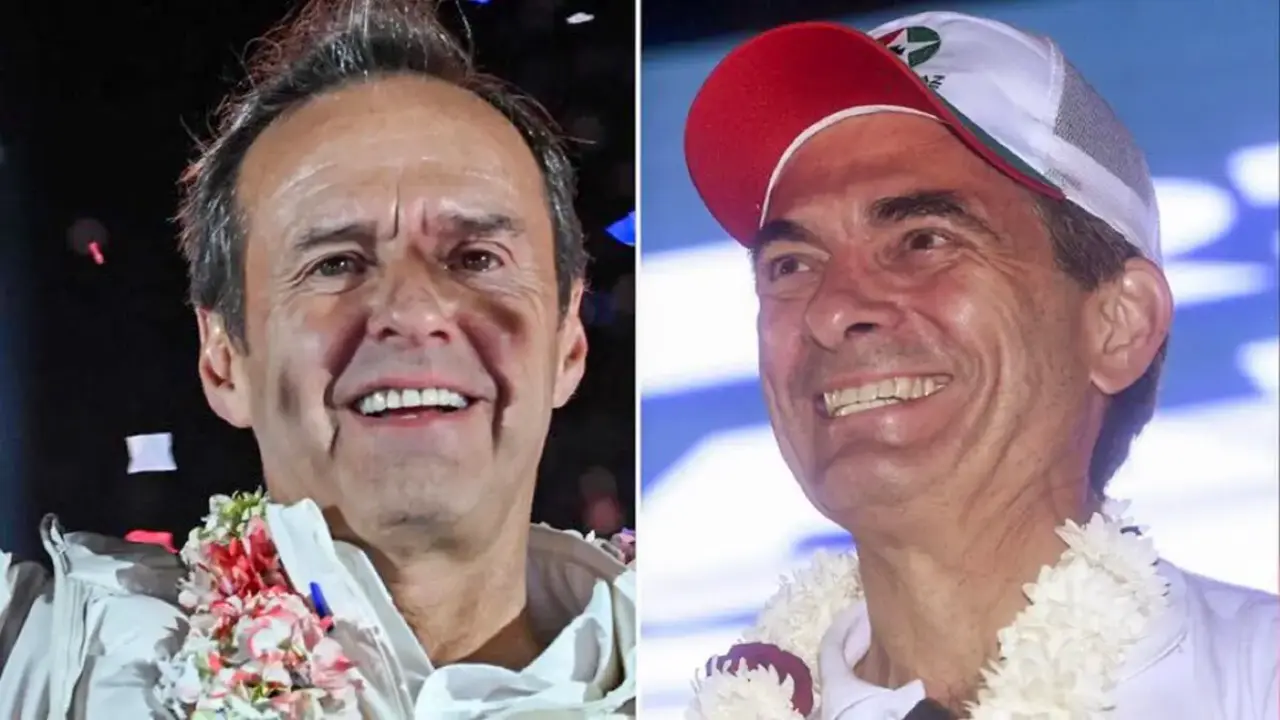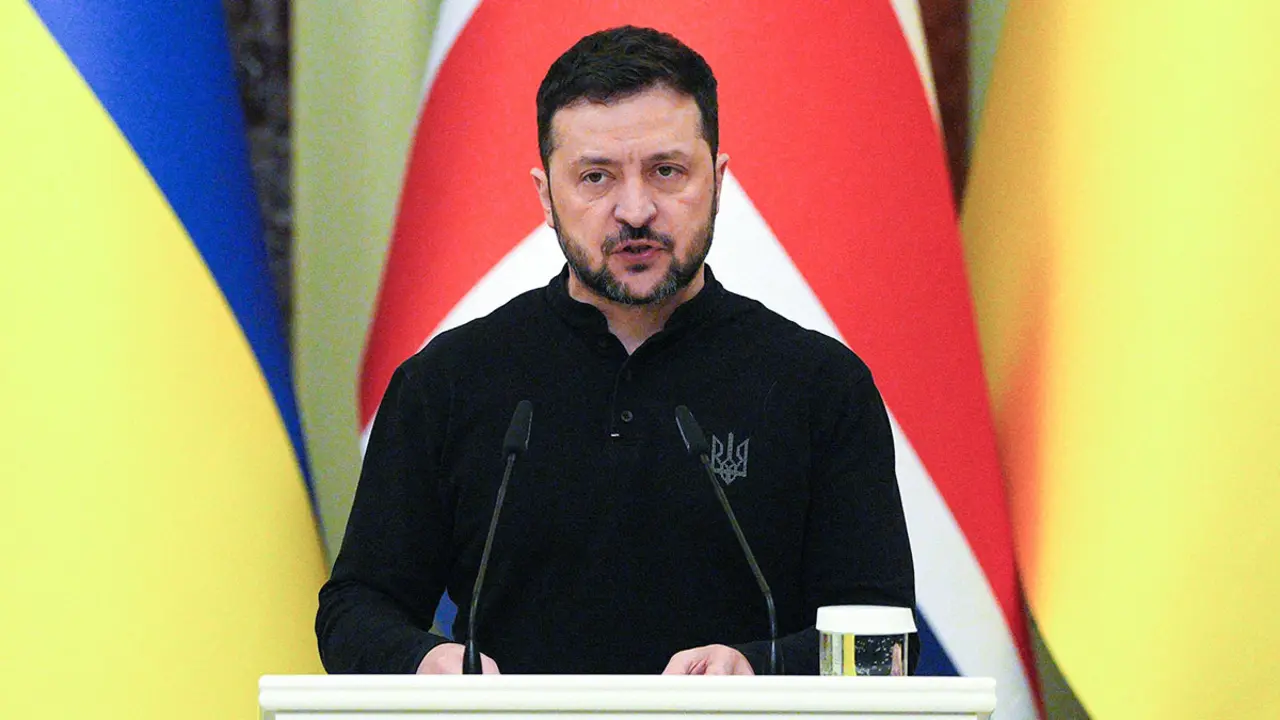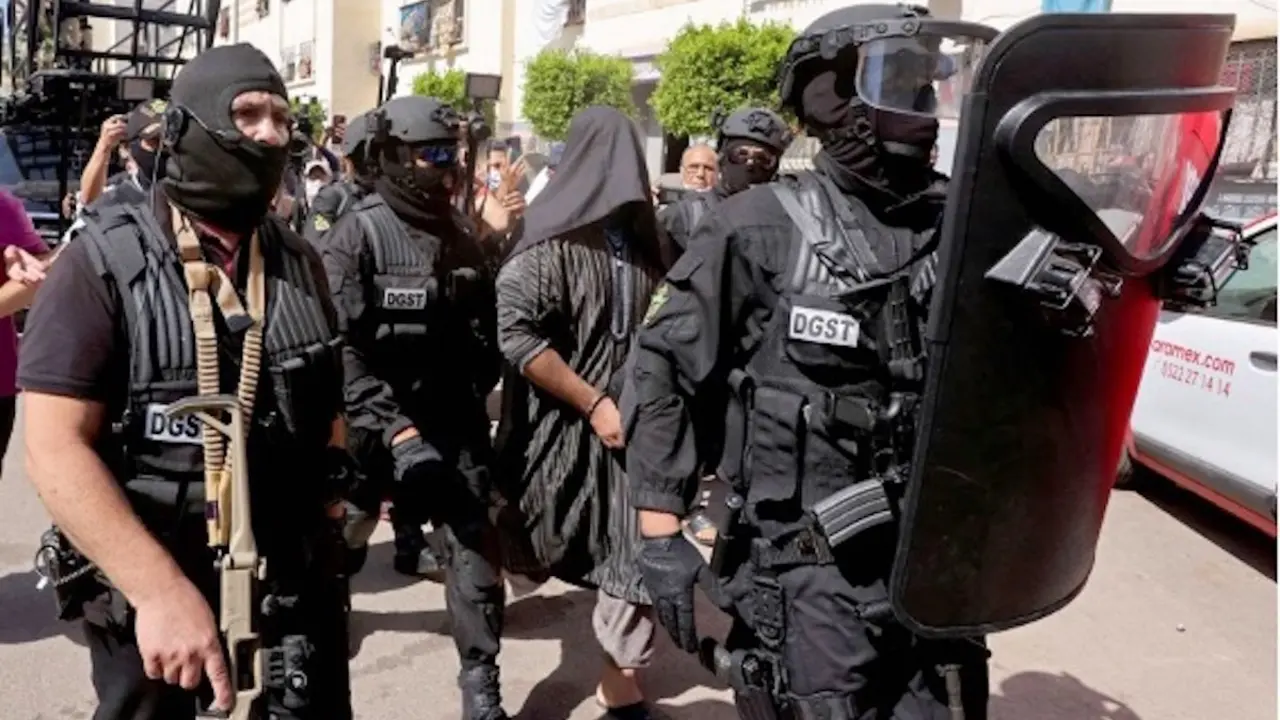Francisco Aldecoa: "The capacity of the extreme right in Europe is extremely limited. The European project is very solid"

In 2021, the European Union has experienced major challenges in common policy that have led to major agreements and achievements approved by the European Parliament. The fight against Covid-19, migration and the economic and social consequences are the three issues that the EU-27 are tackling most urgently. Francisco Aldecoa, President of the European Movement in Spain, analyses the challenges facing the European Union this year.
What are the most important headlines in 2021?
Answer: I think it is a year of transition in Europe, where the most important federal advances of the previous year are consolidated, put into practice and applied. The most important one, the Next Generation Recovery Fund, is already being implemented in most countries, except in countries that do not meet the democratic conditions. It is interesting to see how Poland and Hungary have been left out and how Poland is negotiating point by point in order to get results and not to give up the possibility of getting these funds despite the fact that they are still receiving a sanction for more than a month of one million euros per day, which means that they are being taken away from the structural funds that they should be receiving.
This year is a year of transition. The important progress that has been made in the previous year is being implemented, but, above all, it is hoped that more progress can be made in the following year. There have been elections in many countries, but the composition has not changed completely. Perhaps it will be a problem that the People's Party is not among the four big countries forming a government. In that sense, it is logical that the Socialist Party, in particular, has withdrawn because of the fight in the European Parliament elections. I think it was a good gesture. I think it is extremely important that the People's Party is part of the changes that are coming.
Right now, the most important government is that of Romania, and it is not among the big four. It is therefore important that, above all with regard to the reform of the treaty, they do not disengage, but that they are also present. That is why, despite the fact that the Maltese candidate for the European Parliament has some reservations among the various groups, I hope that she will be elected.
Will the new German government give the Conference on the Future of Europe a key impetus?
A: There are delays. Moreover, the last plenary session that was to be held on 17 and 18 December has been delayed because of Covid, and it seems that all of them will be delayed by at least a month. We have even been informed that the working groups on 20 and 21 January are going to be telematic. However, the plenary sessions do not want to be telematic, so the return of Covid is also complicating the objective delay.
The German government's position on the conference is very clear, it is forceful and goes further than anyone thought. They believe that a convention must be convened immediately, taking into account the results of the conference, in order to draw up a reform of the treaty and a constitutional project, that is to say, they believe that this convention must deal with the central issues, practically the nine working groups to which you have referred. These include such vital issues as democracy, specifically Article 7, which does not allow sanctions against Hungary and Poland, the issue of fiscal union and banking union, the issue of social policy, the issue of migration, foreign policy, defence, health, in other words, issues that are crucial for the citizen. This means looking for ways to bring the citizens closer to us and to solve their demands and problems. The conference will produce proposals that will be discussed later.
Do we depend a lot on what happens in the French elections and whether or not Macron is elected next year?
A: Yes, we do. I find it hard to believe that, firstly, Macron will win, and secondly, that if he is elected, it will probably be the candidate of the Republican party, which is centre-right, and that the change will not be very great. Especially at a time when France and Germany are reaching agreements. They have reached a very important agreement with Italy, the Quirinal agreement, which is not being discussed in Spain either, and they are not going to back out of these formulas that are being applied. Now they are starting to talk in Spain about the quadrilateral, and they are thinking that Spain must also enter, and not only because of Spanish or Italian interests, but because we have to compensate for the strength of France and Germany, and in this sense it would be important for Spain to make bilateral agreements with the aim of being in the central axis.

Will the Strategy Compass, the defence strategy presented by Josep Borrell, make inroads among EU partners?
A: I think so. Moreover, this proposal by Josep Borrell is a continuation of the strategy that takes up everything that has been done in terms of common policy and defence, especially in PESCO, the Permanent Structured Cooperation, where it has been successful at the industrial and economic level, but where the question of a rapid intervention force is still unresolved. Borrell's proposal includes the rapid reaction force, but it is not, however, for the short term, but for 2025.
What I also think we must be clear about is that there is continuity and not profound changes, among other things, because today Europe, like the world, has three concerns. The first is to resolve the fight against Covid, where a lot of money has to be spent. The second is dealing with the economic and social consequences. The third is migration. Defence is essential, but it is not the priority today.
Possibly some new peace management mission will be launched, but I don't think there will be qualitative changes in the short term.
Are populism, nationalism or Euroscepticism still a threat to Europe?
A: I don't think they ever have been. Since the 2019 elections especially the weight they have had is very limited, less than since the previous legislature. At least from the perspective of the European Parliament, their capacity for joint action between the two large political groups, Identity and Democracy and the Conservatives and Reformists, which includes Vox and Polish parties, is divided, so that the capacity of the extreme right in Europe is very limited. On the other hand, in Hungary there are going to be elections and it is not clear what is going to happen, especially because public opinion knows that he has taken away their funds and that is a very strong reason to stand for election. That is why I don't think there is a danger, but rather specific issues that need to be resolved. I think the European project is very solid despite the changes that have taken place in six or seven countries. At the moment, I think the governments are run in equal parts, so there is a fairly stable balance. For the first time in the European Parliament there is more than 60% consensus on the major decisions that have been taken over the last two years.
Are young people committed to the future of Europe?
A: I think so, and in the 2019 elections to the Parliament there was a big increase in participation thanks to the 16-30 age group, who voted the most. The conference could have given more participation to these youth associations. I think that in the polls there is a great desire to be present and they are the ones who are most committed to Europe.








